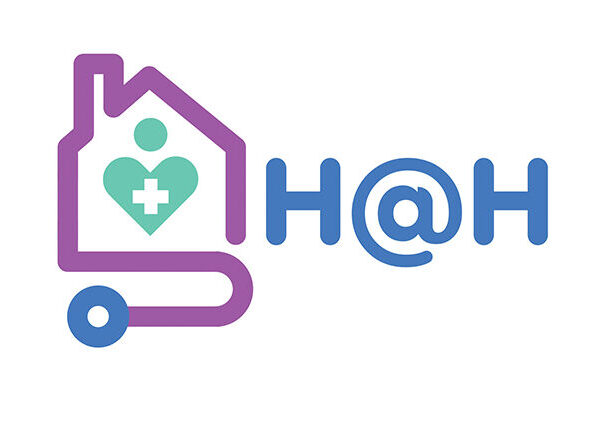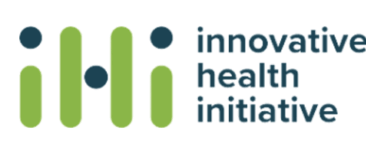EU-Funded Projects
This is an exciting time for Global Heart Hub. Our organisation is continuously growing our impactful activities in the areas of advocacy, cardiovascular health awareness and patient/ public education. We work with a variety of stakeholders including patients, clinicians, academics, research institutes and industry as we strive to improve health outcomes for people living with heart disease. We recognise the importance of collaboration and welcome being involved in projects funded by the European Union as they focus on addressing health challenges through innovation and multidisciplinary engagement.
Global Heart Hub strive to ensure the patient voice is heard, represented and meaningfully engaged throughout our collaborations. We can also engage and involve our extensive network of patient organisations across the globe to communicate and disseminate project outcomes, key messages and ‘lessons learned’. Here you can have a look at the extent of our reach.
Global Heart Hub is excited to learn and grow its organisational capacity by collaborating in multi-stakeholder projects. This is a new area of work for the organisation, and we are always happy to explore opportunities for co-creation together.
Our efforts could focus on:
These are examples with which the organisation currently feels comfortable with however we are always willing to learn, co-create and growth together. We are happy to embark on such a journey with you! Please get in touch and let’s talk!
Current projects
Hospital@Home
Hospital@Home (H@H) brings together 20 partners from 10 countries, including leading university hospitals, technology companies, pharmaceutical partners and patient organisations.
This five-year project, funded with €21.8 million from the Innovative Health Initiative (IHI) and private investments, will involve patients across the Netherlands, Denmark, Sweden and Austria.
Using wearables, AI-driven predictive analytics, digital decision support, and patient-reported outcomes, the project aims to deliver hospital-level care in patients’ homes for five key disease areas:
- Cardiovascular disease,
- Pulmonary disease,
- Minor stroke and TIA,
- Migraine, and
- Cluster headache.
The project addresses key healthcare challenges such as ageing populations, chronic disease, workforce shortages and fragmented care, while reducing hospital admissions, enabling earlier detection of deterioration, improving outcomes and experiences for patients, and providing a scalable model for home-based hospital care across Europe.
HEU-EFS
Harmonized Approach to Early Feasibility Studies for Medical Devices in the European Union (HEU-EFS) is a four-year IHI research project which aims to develop a shared and innovative program entirely dedicated to conducting Early Feasibility Studies (EFS) in the European Union for medical devices.
This project is led by Bocconi’s Center for Research on Health and Social Care Management (CERGAS) and Edwards Lifesciences and it has received €10.53 million in funding from the European Commission and €8.47 million from industry partners, for a total of €19 million, as part of the Horizon program.
READI
READI (Research in Europe and Diversity Inclusion) is a six-year IHI project, uniting 73 partners across 18 countries with the shared goal of making clinical research in Europe more inclusive and representative. The project aims to address long-standing disparities by focusing on the inclusion of underserved and underrepresented communities — such as women, ethnic minorities, older people, LGBTQ+ individuals, and those from diverse socioeconomic backgrounds — in clinical studies.
RESIL-Card
RESIL-Card is an EU4Health funded project managed by a consortium of four partners dedicated to enhancing the resilience of European healthcare systems in providing cardiovascular care. The project aims to develop and implement a protocol-based tool enabling cardiovascular stakeholders assess and address the gaps in care systems, ensuring continuity during crises. Global Heart Hub is delighted to support the work of the consortium in its efforts around communication and dissemination.
If you are interested in learning more, please contact: info@globalhearthub.org


Contact Us
Useful Links
Copyright 2026 Global Heart Hub. All Rights Reserved.







